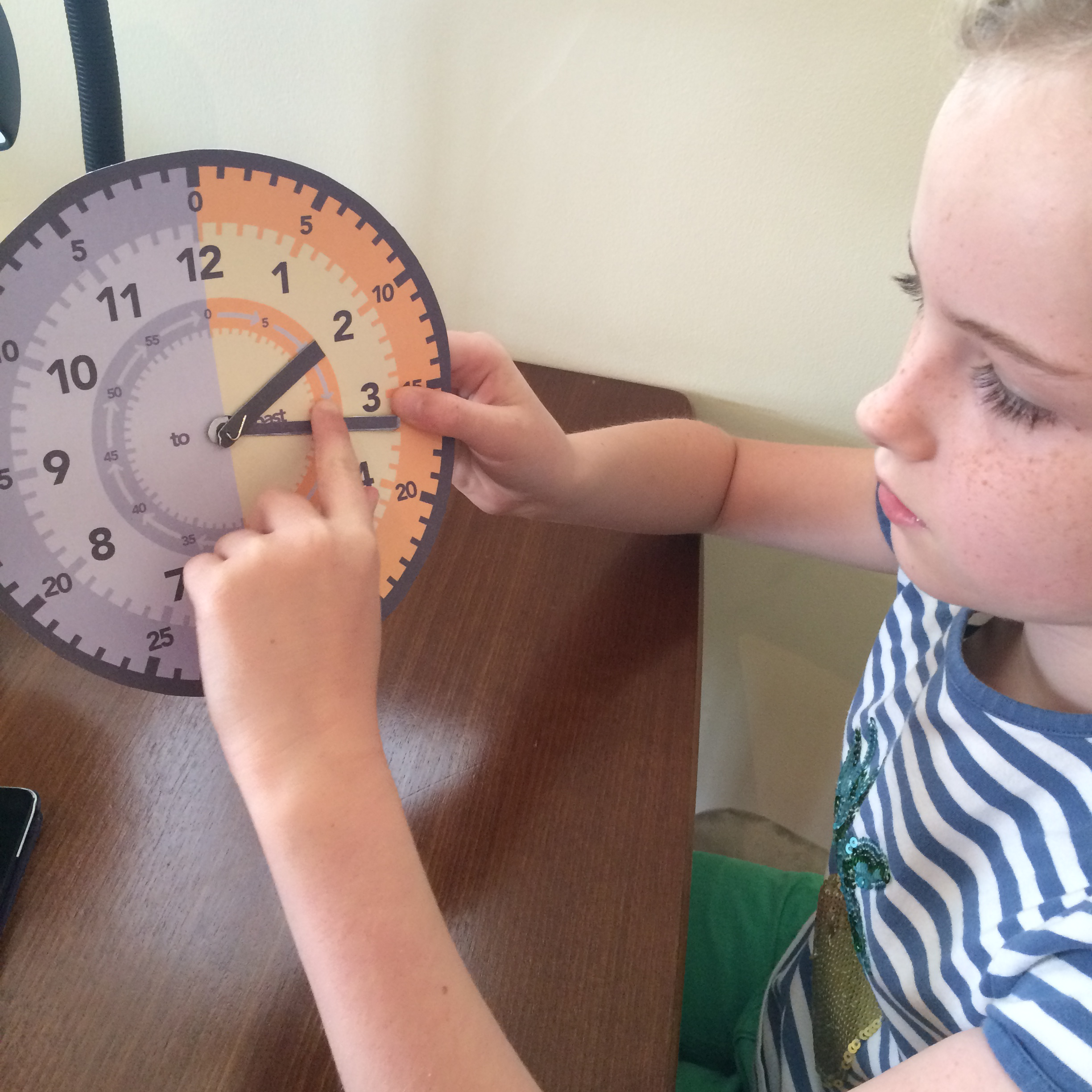LittleStreams Ltd. was created in 2014 by educators and graphic designers Rebekah Humphrey-Bullen and Samuel Lovegrove with the aim of developing educational worksheets, games and activities that are fun and engaging.

Who are we?
![]() Company Director and Founder Rebekah Humphrey-Bullen is a mathematics, English and special needs tutor with over 10 years experience. She has worked in education in many roles for over 15 years. She is currently a school governor, and is passionate about education, especially mathematics. She has a BA Hons in English and Creative Writing and a Masters in Screenwriting from London College of Communication.
Company Director and Founder Rebekah Humphrey-Bullen is a mathematics, English and special needs tutor with over 10 years experience. She has worked in education in many roles for over 15 years. She is currently a school governor, and is passionate about education, especially mathematics. She has a BA Hons in English and Creative Writing and a Masters in Screenwriting from London College of Communication.
Her favourite LittleStreams games are Factors Frenzy and Algebra Rummy
![]() Founder Samuel Lovegrove is a University Associate Lecturer teaching Screenwriting and media. He has a first class BA Hons in Media Production and Media Studies, and a Masters in Screenwriting from London College of Communication. Samuel is a creative person, who has worked as a freelance graphic designer and artist, and he is passionate about design, and its affects on learning.
Founder Samuel Lovegrove is a University Associate Lecturer teaching Screenwriting and media. He has a first class BA Hons in Media Production and Media Studies, and a Masters in Screenwriting from London College of Communication. Samuel is a creative person, who has worked as a freelance graphic designer and artist, and he is passionate about design, and its affects on learning.
His favourite LittleStreams game is Chance of Rain
![]()
Operations Manager Paul Bullen is a member of the British Psychological Society and has a strong interest in educational psychology, in particular the support given to students with special educational needs. Paul has a degree in Psychology and an interest in the science curriculum. He also has many years experience in customer service, and so runs our customer support.
His favourite LittleStreams games are the KaBoom Cards
Why did we start LittleStreams?

In my (Rebekah's) experience teaching and tutoring students who were struggling, I came across students who were working at a younger age. Students with conditions such as dyslexia, dyspraxia and dyscalculia, and with things such as high functioning autism, or even students who had long term sickness so missed a huge chunk of schooling and missed out on the fundamentals. Either way, the resources available to these students felt too young for them. Times tables, early fractions work, it can be quite upsetting to a teenager to be given a worksheet with childish designs clearly aimed at primary school children.
I began creating my own resources out of pure frustration at not being able to find anything appropriate, and a strong desire to protect the self esteem of my students. I also wanted to make my classes more engaging than just sitting in front of a worksheet or working from a textbook. While there is a place for textbooks and worksheets, and our worksheets are very popular resources, I also find card games, matching activities and class-wide games such as bingo can engage students with revising topics, and products like task cards keeps students focused on one question at a time, and allows them to work at their own pace, completing as many as they are able to. Some students work slower than others, and often this has nothing to do with their ability, but instead is a processing or writing issue.
When I was doing my PGCE, one of my early card games was chosen by the Times Education Supplement (which at the time only allowed for free sharing resources) as an example of an exceptional resource, and this made me realise that there was a market for the types of resources. I remember talking with Samuel, who had a deep knowledge of design. We had worked together at university developing the student magazine, and we decided to work together to create resources that are both built on a deep understanding of the needs of students, and the psychology of design. Samuel's passion for well crafted, perfected designs that use less paper and ink is at the heart of the company. We spent weeks researching the clearest font that uses the least ink, the best way to save paper in our resources, and how our resources look on both UK A4 size and US Letter size, to ensure we are environmentally friendly, accessible and will save you money.
In education, one size does not fit all. Students learn in different ways, and they need multiple different stimulus to retain such information. Learning is as much about practising the skills as it is about acquiring them. And as such, learning resources should not be a one size fits all. There has recently been a breakaway from traditional learning tools such as text books and worksheets, and while this is great, we believe there is still a place for them in schools. As long as it's part of an all round educational approach. And this is the philosophy we built LittleStreams on.
